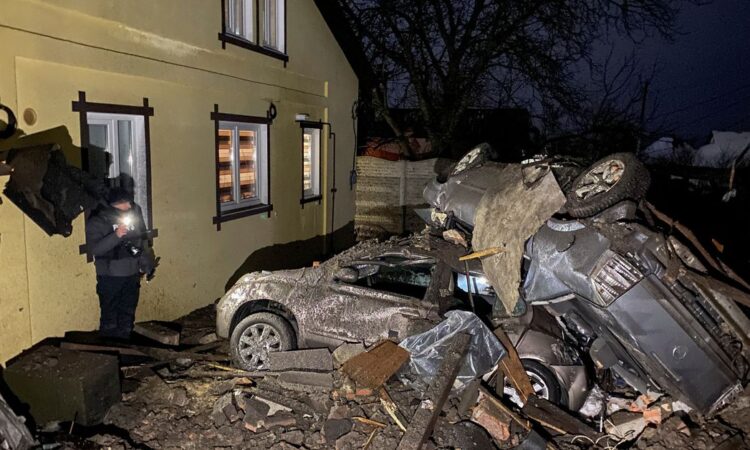
BRUSSELS, Dec 12 (Reuters) – European Union foreign ministers on Monday imposed new sanctions on Iran over its crackdown of anti-government protests and its drone deliveries to Russia, but pushed the adoption of a new package of measures against Moscow to later this week.
EU ministers decided in the case of Iran to add twenty individuals and one entity to the bloc’s sanctions list over human rights abuses, while four more people and as many entities were added in relation to drones.
The new sanctions include an asset freeze and a travel ban to the EU, which the bloc’s foreign policy chief Josep Borrell said “will take any action we can to support young women and peaceful demonstrators”.
Tehran on Monday executed a second man involved in anti-government protests that have turned into a popular revolt by Iranians, posing one of the biggest challenges to the Shi’ite clerical elite since the 1979 Islamic Revolution.
“We are targeting in particular those who are responsible for the executions, the violence against innocent people … these are especially the Revolutionary Guards,” German Foreign Minister Annalena Baerbock said.
Western powers have said that they continue to see provision of Iranian drones to Russia and believe Tehran will also soon supply ballistic missiles.
Iran has said it shipped a small number of drones to Russia before its invasion of Ukraine. Russia has denied its forces have used Iranian drones to attack Ukraine.
“These weapons provided by Iran are being used indiscriminately by Russia against Ukrainian civilian population and infrastructure causing horrendous destruction and human suffering,” the EU ministers said in a statement.
UKRAINE, RUSSIA
The ministers discussed a ninth package of Russia sanctions.
While they agreed in principle to add about 200 Russian people and groups to a sanctions list, there are still disagreements on the package as a whole, Borrell said.
He said he hoped for a deal by the end of the week, adding that there was discussion on the details of the sanctions.
Separately, the EU ministers also agreed on Monday to put another 2 billion euros ($2.1 billion) into a fund that has been used to pay for military support for Ukraine, after it was largely depleted during almost 10 months of the war.
More top-ups may be possible at a later stage. The European Peace Facility was initially set up to fund military purchases in support of countries, for example, in Africa.
Foreign ministers also paved the way for a three-year military mission to Niger, with 50-100 troops at first and later up to 300 to help the country improve its logistics and infrastructure.
($1 = 0.9497 euros)
Additional reporting by John Irish, Bart Meijer, Charlotte Van Campenhout, Thomas Escritt; Writing by Ingrid Melander and Sabine Siebold; Editing by William Maclean, Andrew Heavens and Alexander Smith
Our Standards: The Thomson Reuters Trust Principles.






